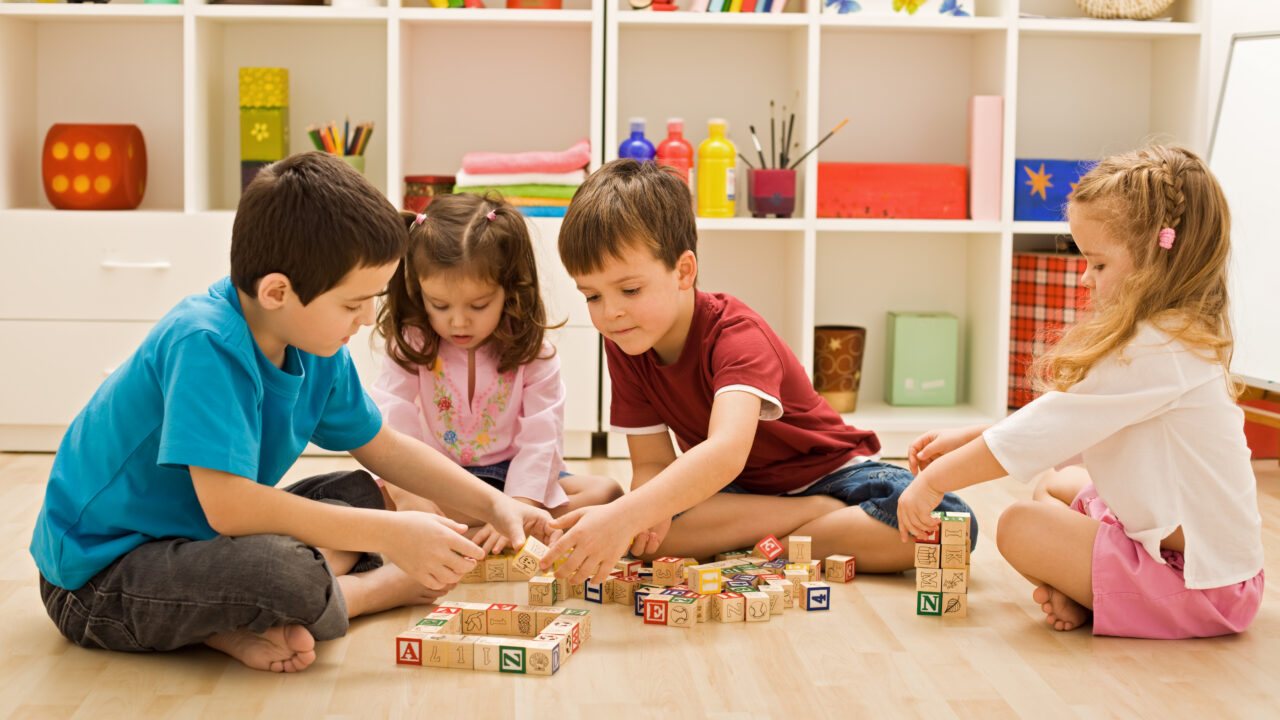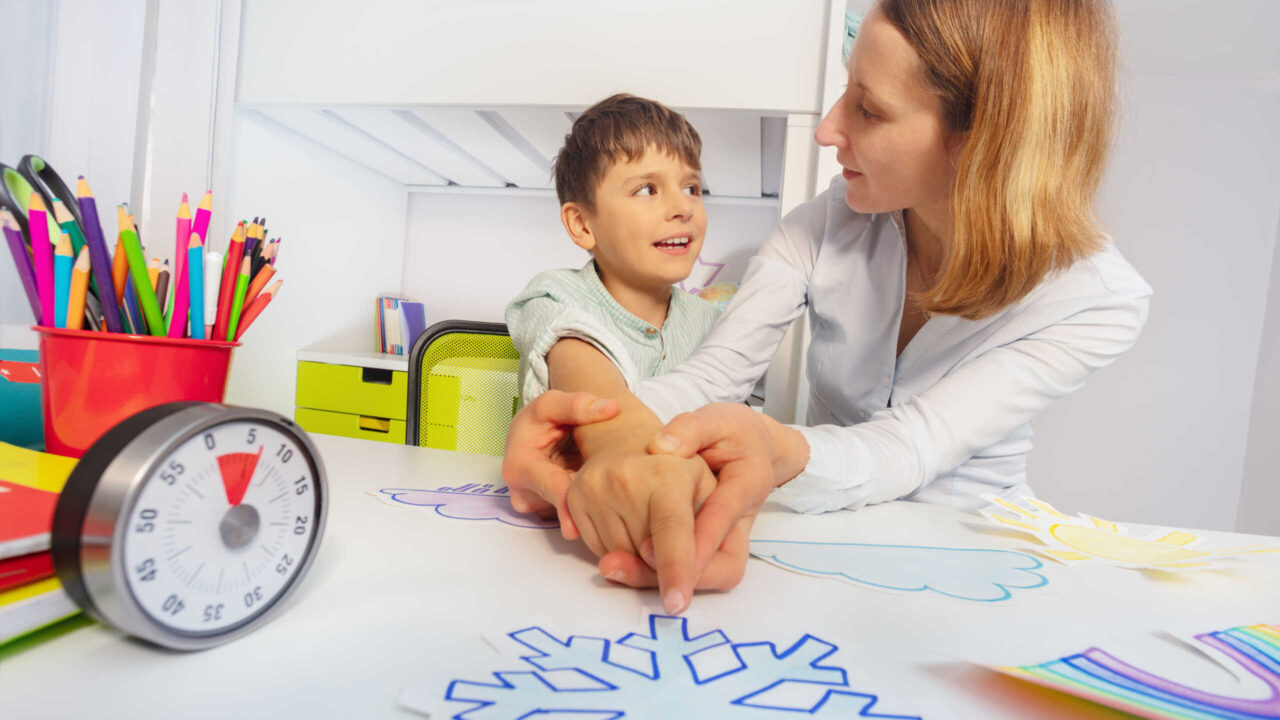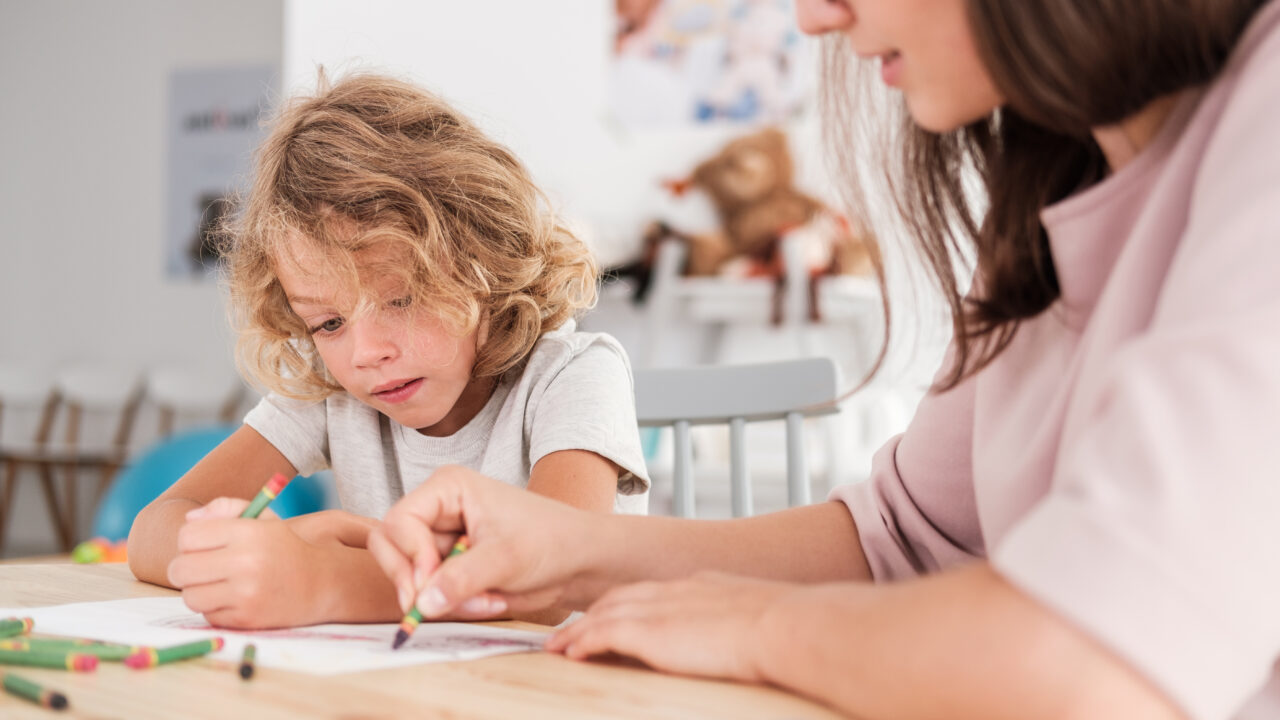Analysis
Interventions
Surgery
Consultation
Regular checkups
Stick to the Routine
Children with autism tend to flourish when they have a highly-structured schedule and routine. Again, this touches on the consistency they require to have a sense of wellbeing. Create a plan for your child with regular mealtimes, school activities, therapy, and prep for bedtime. Try to keep breaks in routine to a minimum. If there...
Reward the Behavior You Want to See
Positive reinforcement goes a long way in parenting a child with autism, so go out of your way to “catch” them engaged appropriately and reward that! Use loving praise when they exhibit a behavior that promotes learning or relaxation.
Create Safe Spaces for Your Child
Create a private, safe space in your home where your child can decompress, destimulate, relax, feel secure, and be safe. This may involve setting boundaries for when this space can be accessible so that it remains exceptional and only available some of the time. For some families, it will be necessary to safety-proof your entire...
Provide Sensory Support
Many autistic children are hypersensitive to sound, touch, light, taste, and even smell. Contrastingly other children with autism are under-sensitive to stimuli like temperature and pain. Understanding and accommodating sensory issues can help with discomfort and improve your autistic child’s ability to learn, interact, and communicate. Accommodation may mean changing the environment, using tools and strategies, or...







